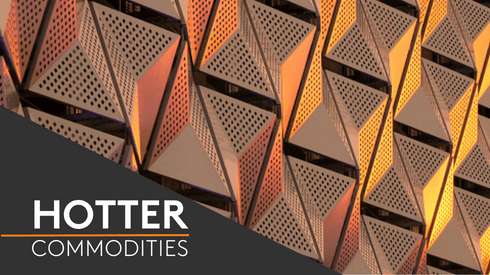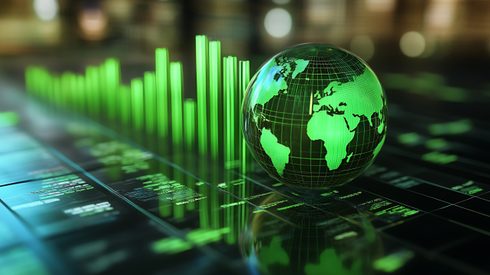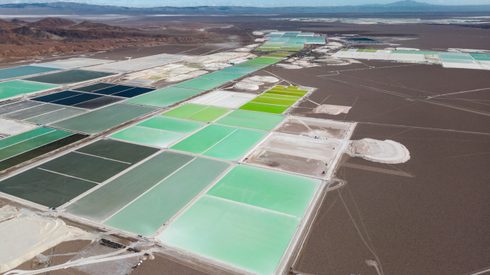The IRA, which was introduced in August, offers tax credits for the purchase of EVs where at least 80% of the lithium, cobalt, nickel, and manganese used in their construction has been extracted and processed in the US – or in a country with which it has a free-trade agreement.
The goal is to encourage mining and manufacturing in the US and create more integrated supply chains for EVs, which have typically relied on imports of critical minerals and battery components.
The latest investment – and the biggest so far at $650 million – is General Motors’ decision to team up with junior miner Lithium Americas and invest in the development of the Pass Lithium mine in Nevada, thereby securing the raw materials its needs to support the expansion of its EV fleet, the two companies announced on Tuesday, January 31.
And on January 25, Tesla’s chief financial officer Zach Kirkhorn told investors that he expects tax credits from IRA to initially be worth $150-250 million per quarter this year, before increasing in line with rising car output.
But the US incentives have sparked concerns in the European Union where key representatives have recently been called for a “prompt and measured” response to the US legislation to maintain a level playing field.
Speaking at a recent energy transition event, the EU commissioner for competition Margrethe Vestager said that Europe needed to be in a position to continue to attract investment to its own domestic battery ecosystem.
But the EU’s legislative focus on building an EV battery recycling ecosystem has itself raised questions – even in the recycling sector itself.
And, according to Farid Ahmed, vice president of global strategy and business development at ACE Green Recycling, there may be a need for a rethink.
In the UK, meanwhile, the recent collapse of the Britishvolt gigafactory project demonstrates the difficulty of getting EV projects off the ground without firm government support.
Back in the US, the Thacker Pass mine is expected to start commercial production in the second half of 2026 and Fastmarkets research analyst Jordan Roberts recently said that the project is likely to account for about 19% of North America’s processing production by 2032.
GM also recently announced four rechargeable cell manufacturing plants in the US, including the Ultium Cells joint venture with LG Energy Solution.
Want to read more on policy?
Find out more about policy changes and their impact on the market. Read our recent insights report into policy changes in the US and EU and their effect on the already volatile battery materials and electric vehicle market.
- Discover how US and EU policies may present obstacles in the journey to a more sustainable future
- Find out about the impact these policies have on the future of key battery materials
- Read about how these policies are influencing the emergence of regional supply chains
- Use our interactive visualizations to find out more information on the policies, timelines and what this means for your business






